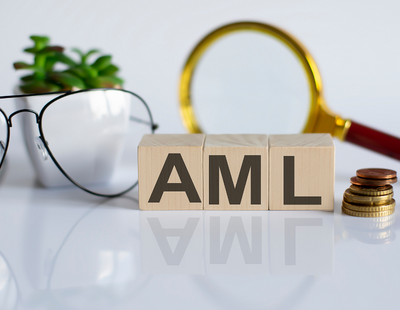
The impact of recent changes to the way buy to let properties are taxed could create the next pension crisis, a trade body is warning.
With more people becoming reliant on property to fund retirement, the National Landlords Association says 77 per cent of landlords - approximately 1.8m individuals – say they are reliant on their residential property investment for their retirement.
Meanwhile findings from a Mintel consumer market research report show that buy to let continues to be viewed as a safe way to save for later life, with 68 per cent of people saying it represents a good way to plan for retirement.
However, the NLA cites figures from the Office for National Statistics estimating the average retired household spends £21,770 every year; this leaves a shortfall of more than £15,000 after taking the full basic state pension of £6,359.60 into account.
In order to make up a £15,000 shortfall per year this would require savings in the region of £300,000, which is why the association says so many people have turned to property to provide for later life.
“As a consequence of government policy over recent decades almost two million people are reliant on their property to fund their later years, but the changing tax regime will substantially reduce the income they receive from these investments and so compromise the retirement plans of a significant number of hard-working people” insists NLA chief executive Richard Lambert.
“Some 27 per cent of UK landlords are already retired, and 37 per cent are aged 55 or over, so there is a pressing need to tackle these issues without delay” he adds.
The NLA is calling on the government to help those affected adjust their financial plans by tapering the amount of capital gains tax landlords will need to pay when they come to selling their property, based on how long they have owned and let it out for.












%20-%20IMAGE%20Client%20Accounting%20%E2%80%93%20what%20are%20your%20options.jpg)




.png)




Join the conversation
Jump to latest comment and add your reply
You need to factor in house price inflation and to a lesser extent rent inflation. Over the last ten years this has been a very significant part of BTL investment. A property with very low rental profitability, in the right area, may have been a very high performing asset.
Currently we do not have taxes on BTL. What we do have is a change in the tax allowance regime for running the let property as a business. This is what has been changed.
Most people when they retire 'earn' very little. If they are sensible OAPs they have bought their house or made very sensible living arrangements and paid off their debts in full. Once their earnings fall inside the the 15% tax rate, if they ever were above that, then they have little benefit from the tax allowance they can claim against the costs of running a property rental. Thus as they move from work to retirement their status quo changes very little.
The pensioners who do have a retirement income problem are the people who paid higher rate tax and have enjoyed the higher rate of deduction from their BTL costs whilst working. They are the pensioners who see a big drop in profitability. I will steer clear of left politics of envy here but I don't think these people will be at risk of starving. They may have to change their life style a bit but the less wealthy tax payers can easily show them how to do it.
If you want a real scare story then swat up on Jeremy's push to bring in soviet style collective property ownership.
Please login to comment